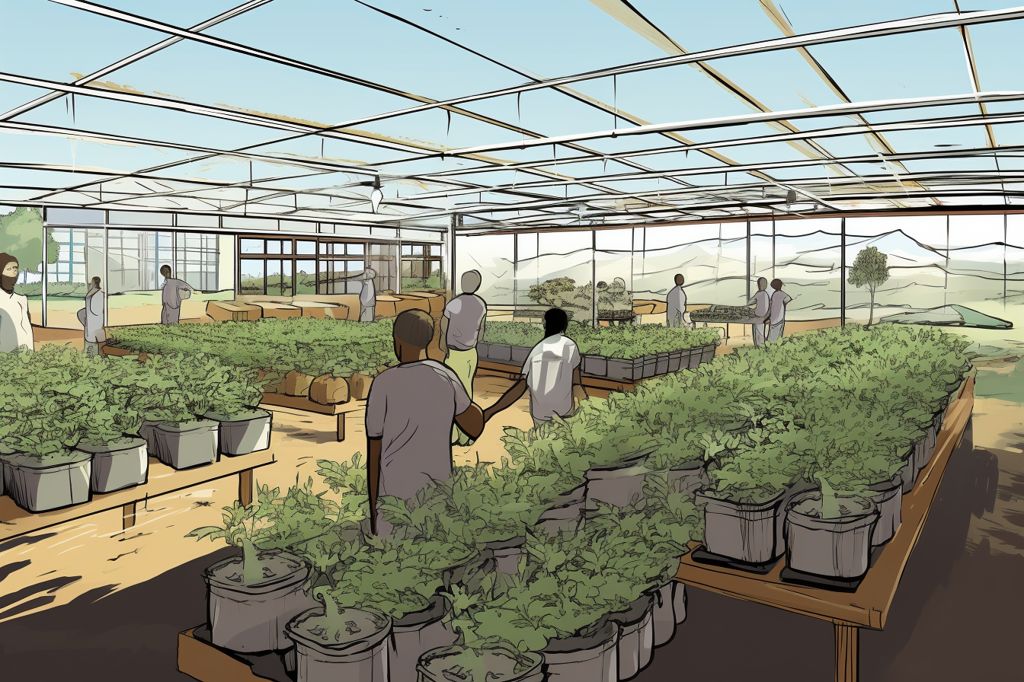The Department of Employment and Labour in South Africa is committed to promoting inclusivity in its laws and policies. In a recent workshop organized by the Department in collaboration with the Commission for Conciliation, Mediation and Arbitration (CCMA), Deputy Director Niresh Singh emphasized that the employment equity (EE) laws encompass all racial and cultural groups, debunking the misconception that certain groups are excluded from the legislative framework.
Addressing Distorted Statistics and Disparities in the Workforce
Singh addressed the distorted statistics showcased in the 2023 EE report, which revealed a significant disparity in the representation of different racial groups in top management positions. Whites, with a national economically active population (EAP) of 8%, occupy 62.9% of such positions, while Africans, with a national EAP of 80%, hold merely 16.9% of these positions. Singh argued that the Department does not condone the overrepresentation of any group and urged employers to take EAP into consideration to address this imbalance.
The existing disparities in the workforce representation have persisted since the enactment of the Employment Equity Act in 1998. To address this, the introduction of sector targets aims to provide a more equitable and just employment landscape in the country.
The Difference between Quotas and Sector Targets
Singh clarified the distinction between quotas and sector targets, explaining that while quotas are rigid, targets provide flexibility. Designated employers retain the power to consult employees and self-regulate their annual EE targets, working towards the 5-year sector EE target.
Facilitating the Reporting Process
To facilitate the reporting process, the Department’s Acting Deputy Director, Innocent Makwarela, introduced the EE online reporting system to the workshop participants. The upcoming reporting period will commence on 1 September 2023, with manual reporting closing on 2 October 2023, and online reporting ending on 15 January 2024.
National Workshops on Employment Equity
Under the theme “Real transformation makes business sense,” the 2023 Employment Equity national workshops aim to educate employers, heads of organizations, academics, senior managers, consultative forum members, human resource practitioners, trade unions, employees, and other stakeholders. The workshops began on 18 July 2023 and are scheduled to conclude on 29 August 2023.
Increasing Awareness and Participation
To increase awareness and participation, the Department of Employment and Labour will provide updates on the EE workshops through its social media platforms and the official website, www.labour.gov.za.
With a clear focus on inclusivity and addressing workforce imbalances, the South African Department of Employment and Labour is actively working towards a more equitable and just society. Through workshops, educational initiatives, and a strategic approach to sector targets, the Department aims to transform the employment landscape in the country, making it more representative of its diverse population.








